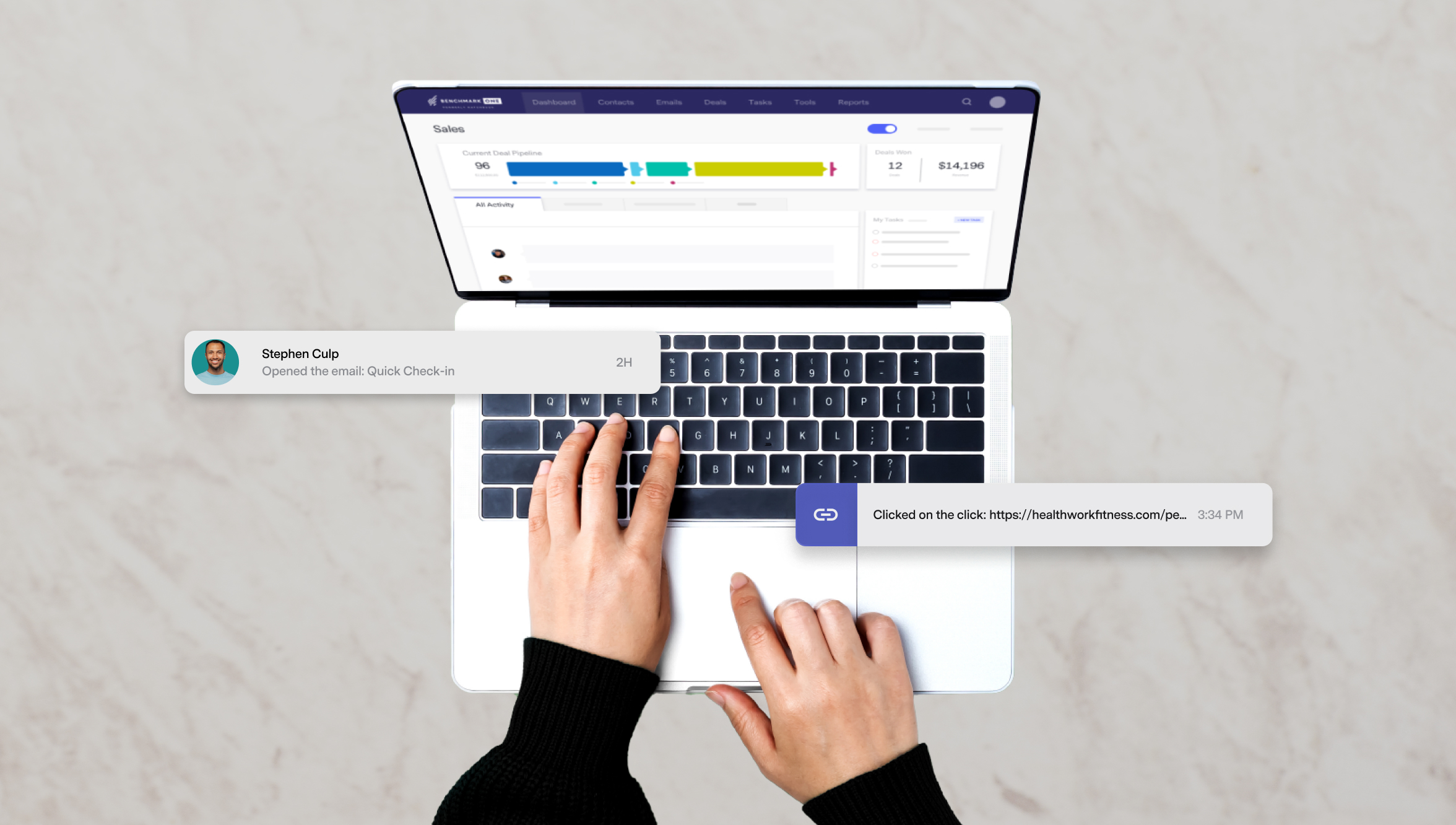
Organizations, especially agencies, thrive on strong collaboration between employees. It creates team morale, strong chemistry between individuals, and the synergy teams need to work towards a common goal.
Remember: your agency is a creative business, and it takes diverse skill sets and knowledge to deliver projects that exceed clients’ expectations. Beyond the specialty skills that each team member brings to the table, they should each be effective collaborators. If not, it could cause a rift in your internal flow and lead to bigger problems within your organization.
Do you have collaborative workers in your team? This guide will define collaborative workers and describe their subtle characteristics and reveal why agencies with collaborative workers continue to thrive.
What Defines a Collaborative Worker?
To better explain who a collaborative worker is, we’ll first explain more about how we define workplace collaboration.
In a nutshell, collaboration is the act of two or more people working together to achieve a common goal, such as the completion of a task or project. This could be a process lasting many days or weeks, with components like setting team goals, delegating tasks based on the skill set of team members, and monitoring progress to complete the job or project in time.
Collaboration is one of the most valuable technical skills your agency can ingrain in its culture. Creating a team of specialists around your agency is great, but if they all work independently in siloes, you won’t get the full benefit. Collaboration lets you harness the diverse skills of your teams to enhance team dynamics, productivity, and creativity. In other words, your team members will be stronger when they are working together.
A collaborative worker is an employee who excels in this sort of environment. They delight in joining hands with teammates on important projects and remain aligned to help the team achieve its goals.
According to a study, some of the highest-performing employees at top U.S. businesses spend an equal amount of time on individual and collaborative work. In other words, they are masters of their own crafts and also great team players who fit in a collaborative environment.
So, how do you identify perfect collaborators?
Characteristics of a Collaborative Worker
We have identified six traits of a collaborative worker:
- Great Communicators: Communication is the foundation of any relationship in work and life. A collaborative worker communicates in an open, honest, and transparent manner. They know when and how to ask for help, respond succinctly to questions, and report clearly on where their tasks stand.
- Organized: They know their goals, what they need to do when, and what they can put off to achieve the team’s mutual objective. They have a routine and start their day with a clear plan to complete tasks on time and in a way that meets (or exceeds) your client’s requirements.
- A positive approach to feedback: The best-performing employees spend 10% of their work time learning and socializing. Part of the learning process involves taking and implementing feedback from more experienced colleagues. Ideal collaborators approach feedback positively and use the advice to improve the quality of their work.
- Emotional intelligence: Collaborative workers understand their emotions and are also attuned to how different team members may react to different situations. For example, they know which employees are demoralized by criticism and find ways to communicate their points without harming employee morale.
- Trust: When managers can assign a task to an employee and feel sure they will do it within the set timelines and deliver quality work, that’s a great sign. Working towards an environment that fosters this trust in the ability of colleagues is an important part of working collaboratively.
- Know their strengths: Agency employees bring specific skills and versatility to the team. They know their strengths (and weaknesses) and understand those of others. As a result, they know when to offer or ask for assistance to get tasks done by the deadline.
What Is a Collaborative Working Environment?
A collaborative workspace is an inherently positive environment where working together is ingrained into the team culture. As a result, team members are aligned in their mission to achieve a common goal.
In addition, each member looks beyond their personal agenda and competition between teams and understands that each person has a unique role to play in meeting the common goal.
Why Agencies with Collaborative Environments Thrive
When you create a collaborative environment, you’ll be giving your agency the best chance to thrive. Collaboration impacts your business results positively in different ways, including:
1. Improved Innovation
Today’s clients are savvy and demanding. Clients narrate their problems, and you devise custom ideas to solve them. And if innovation isn’t inherently in your DNA, you’ll continue losing clients to competitors. Building a collaborative environment is one way to unleash creativity to drive innovation, which in turn helps your agency stand out, win more business, and essentially become indispensable. Collaboration inspires change-makers and improves innovation by 30%.
2. A Better Work Environment
Human beings are social, and working in a collaborative environment gives them the space to be in their element. They interact with each other, learn new skills, and become more aware of the team’s strengths. As a result, the team becomes stronger, more knowledgeable, and more skilled.
In addition, managers become more aware of the team’s strengths and can assign work within each member’s wheelhouse. This makes it more likely that no one will be overwhelmed by their task, and chances of burnout are minimal. Consequently, the team completes projects on time while delivering quality work that unlocks new value for clients. These positive results convince clients to remain loyal to your agency and market it through word of mouth to their friends, partners, or business associates. This wins you more repeat business and potential clients who warm quickly to your agency because friends or business associates referred them.
3. Improved Quality of Service
Many hands make light work. When it’s all hands on deck working on a client’s project, a team delivers quality work faster than one member working independently.
Plus, with tools that aid collaborative working, like BenchmarkONE’s CRM, the whole team can contribute to a customer journey that is smooth and frictionless. It consolidates customer communication from all touchpoints, thus enabling the sales and marketing departments to deliver a personalized experience, which is extremely crucial. If these two departments don’t coordinate effectively, it could kill your agency. Clients who rate businesses as having exceptional customer experience spend 140% more and remain loyal for up to six years.
Adopt Collaboration to Spur Your Agency to Success
The onus is on you to create a collaborative environment for your agency’s success. Set collaborative strategies and encourage employees to sharpen their collaboration skills. Once you do that and implement tactical solutions such as CRM and project management software, the rest will begin to slot into place, and your agency will be on an upward trajectory to collaborative perfection.
If you’re in need of a CRM that helps keep your entire team aligned on prospects and customers, take a look at how our tool specifically helps agencies.






